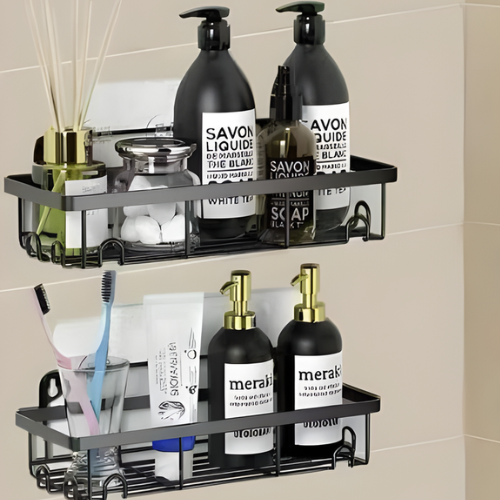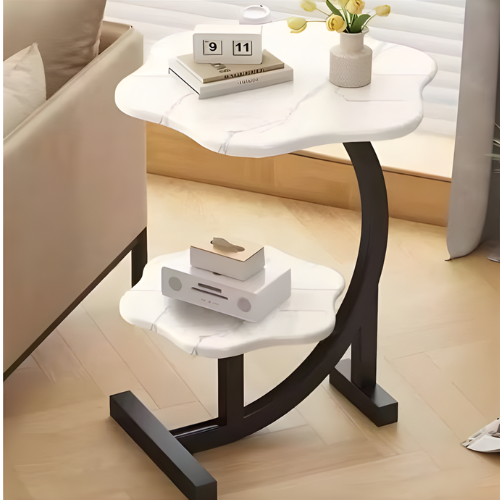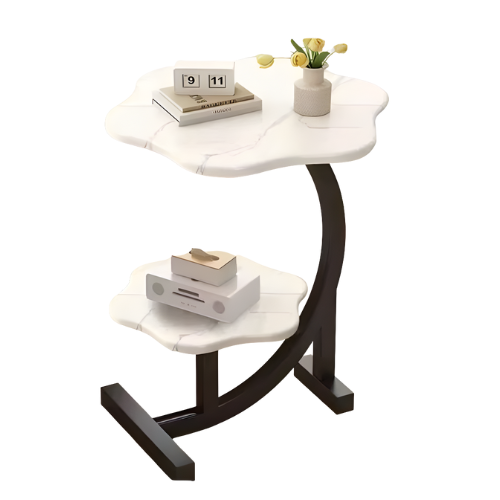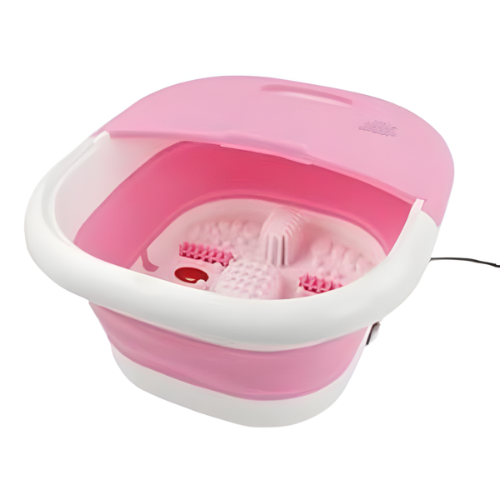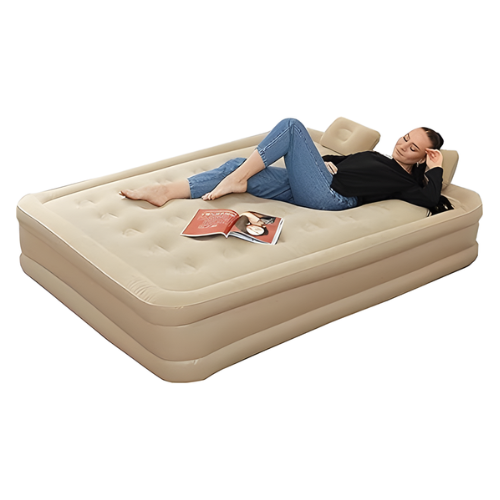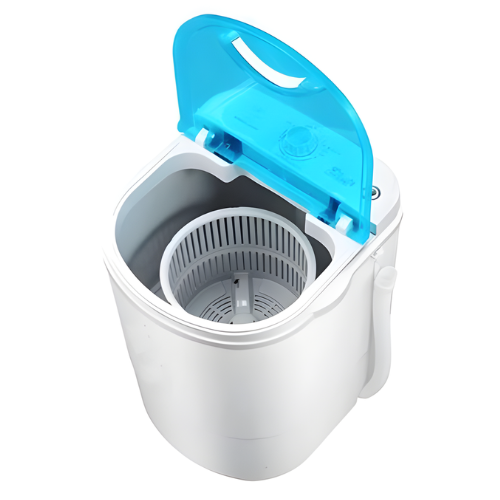The advent of e-commerce has revolutionized various industries, from fashion to food delivery. But one sector that has been profoundly transformed by the digital revolution is the interior design and home shopping industry. Gone are the days when homeowners had to visit multiple stores to find the perfect piece of furniture or décor for their homes. Today, with a few clicks, anyone can access a plethora of interior design solutions, thanks to online shopping platforms. The rise of online home shopping experiences has reshaped how consumers approach designing their living spaces, combining the convenience of e-commerce with the creativity of interior design.
The Growth of E-Commerce in the Home Décor Industry
The global e-commerce market is booming, and the home décor and furniture segment has witnessed a significant surge in recent years. According to Statista, the global online furniture market is expected to reach over $294 billion by 2026, growing steadily as more consumers embrace digital shopping solutions. This trend has been driven by several factors, including:
Technological Advancements: Virtual reality (VR) and augmented reality (AR) tools have made it possible for consumers to visualize how a piece of furniture or décor will look in their homes before purchasing it. Apps like Wayfair and IKEA Place have leveraged AR technology to allow users to "place" virtual furniture in their living spaces, providing a more immersive shopping experience.
Convenience and Accessibility: One of the most significant advantages of e-commerce is the convenience it offers. Consumers can shop from the comfort of their homes, compare products and prices across multiple platforms, and access a vast range of products that may not be available in local stores.
Customization Options: Many E-Commerce platforms now offer customization options, allowing consumers to personalize furniture and home décor items to suit their tastes and preferences. This level of personalization is often hard to find in physical stores, making online platforms an attractive option for consumers who want unique and tailored solutions for their homes.
The Role of Technology in Enhancing the Home Shopping Experience
Technology has played a pivotal role in the rise of online home shopping experiences. With the integration of VR, AR, and artificial intelligence software, e-commerce platforms can now offer an experience that closely mimics, and sometimes surpasses, in-store shopping. Here's how technology is enhancing the online home shopping journey:
Virtual Showrooms: Virtual showrooms are becoming increasingly popular in the home décor and furniture sector. These digital spaces allow customers to explore and interact with products in a simulated environment. Platforms like Houzz and Modsy provide virtual design tools where users can design their own spaces or hire professionals to create virtual room designs for them. These immersive experiences make it easier for customers to visualize how products will fit into their homes.
AR Integration: Augmented reality tools have transformed the way consumers shop for home products online. With AR apps, customers can use their smartphones or tablets to see how a specific piece of furniture or décor will look in their space. This reduces the uncertainty that often comes with online shopping, where consumers may worry about whether a product will fit or complement their existing décor.
AI-Powered Recommendations: Artificial intelligence has made online home shopping more personalized than ever. E-commerce platforms use AI algorithms to analyze consumer preferences and recommend products based on their browsing history, previous purchases, and style preferences. This level of personalization helps consumers discover products that align with their tastes, making the shopping experience more efficient and enjoyable.
The Evolution of Consumer Behavior in Online Home Shopping
Consumer behavior has evolved significantly with the rise of online home shopping experiences. The modern shopper is more informed, tech-savvy, and expects a seamless experience from browsing to purchasing. Here are some key trends in consumer behavior that have emerged in the online home shopping space:
Increased Research and Comparison: Online shopping platforms provide consumers with easy access to product reviews, ratings, and comparisons. Before making a purchase, shoppers often spend time researching products, reading reviews, and comparing prices across different websites. This level of research is now a standard part of the online shopping process, giving consumers more confidence in their purchasing decisions.
Desire for Personalization: Today's consumers want personalized shopping experiences. They expect e-commerce platforms to cater to their individual tastes and preferences. This has led to the rise of customizable furniture and home décor options, where shoppers can choose colors, materials, and finishes to create a product that suits their style.
Sustainability and Ethical Shopping: More consumers are becoming conscious of the environmental impact of their purchases. This shift has led to a growing demand for sustainable and ethically sourced home products. E-commerce platforms have responded by offering eco-friendly options and highlighting brands that prioritize sustainability.
Mobile Shopping: The rise of mobile commerce (m-commerce) has made it easier for consumers to shop for home products on the go. Mobile apps and responsive websites ensure that shoppers can browse and make purchases from their smartphones or tablets, offering a seamless shopping experience regardless of the device used.
The Future of Online Home Shopping Experiences
The future of online home shopping is poised to become even more immersive and personalized as technology continues to evolve. Here are some key trends that are likely to shape the future of e-commerce in the home décor and interior design industry:
Increased Use of AI and Machine Learning: AI will continue to play a significant role in enhancing the online shopping experience. In the future, AI-powered tools will become even more sophisticated, offering hyper-personalized product recommendations based on a deeper understanding of consumer preferences. Machine learning algorithms will help platforms predict trends and adapt their offerings to meet changing consumer demands.
Expanded Virtual Reality (VR) and Augmented Reality (AR) Capabilities: As VR and AR technologies advance, the online shopping experience will become even more immersive. Consumers will be able to explore virtual homes, complete with fully furnished rooms, and interact with products in a 3D environment. This will make online home shopping more engaging and help bridge the gap between digital and physical shopping experiences.
Integration of Smart Home Technology: As smart home technology becomes more prevalent, e-commerce platforms may begin offering products that integrate with these systems. Consumers will be able to shop for furniture, lighting, and appliances that are compatible with their smart home setups, creating a more connected and convenient living environment.
Sustainability as a Core Value: The demand for sustainable products will continue to grow, and e-commerce platforms will need to prioritize eco-friendly options. Consumers will seek out brands that are transparent about their sourcing and manufacturing processes, and platforms that can cater to these preferences will have a competitive edge.
Conclusion
The rise of online home shopping experiences has transformed the way consumers approach interior design and home décor. With the integration of advanced technologies like AR, VR, and AI, e-commerce platforms have made it easier than ever for consumers to find, visualize, and purchase the perfect pieces for their homes. As consumer preferences continue to evolve, the future of online home shopping will be defined by personalization, sustainability, and immersive experiences. Whether you're looking to redecorate a single room or furnish an entire home, the world of online home shopping offers endless possibilities at your fingertips.
Author's Bio: Sujain Thomas

Sujain Thomas is a freelance content writer and blogger who has written articles for several renowned blogs and websites about Home decor/Diy and various topics to engineer more traffic on websites.She love to decorate home in her free time

















